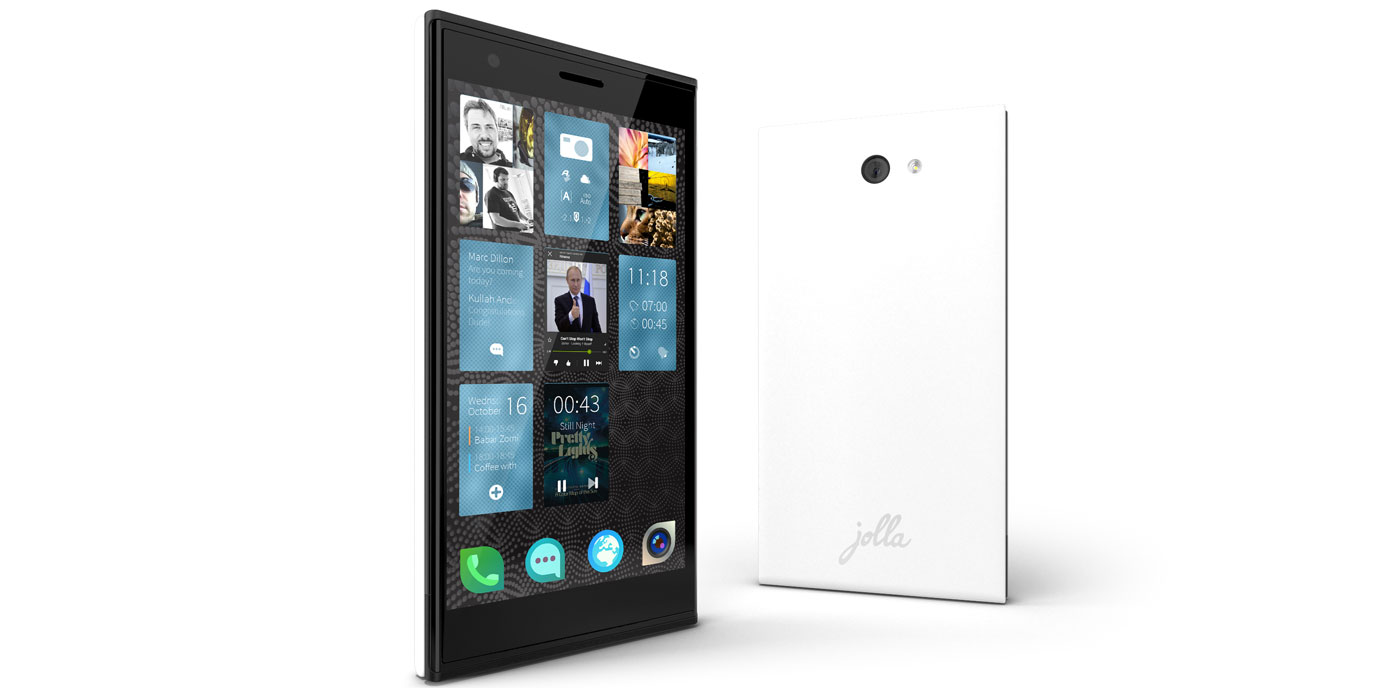Finnish software house Jolla has announced that its smartphone OS, Sailfish, has been accepted for use by Russia’s government. It means that the platform — which rose from the ashes of Nokia and Intel’s doomed MeeGo — can now be used for official government business. The company also let slip that it’s in discussions to do a similar deal with leaders in South Africa and China, as well as other BRICS countries. As for why, it’s probably not because Vladimir Putin was as outraged as the rest of us when Nokia axed the N9.
Instead, the move is another step along the geopolitical cold war that’s beginning to spread out across the technology world. Russia — as well as regimes like China — feel that the west has too much influence in the digital sphere. A few years back, both nations began pushing for homegrown alternatives to Windows, Android and iOS. That way, leaders could burnish local industry, reduce western cultural dominance and mitigate the risk that the CIA and NSA were watching them.
Microsoft, Apple and Google are also the target of much political ire outside of the US — although these days that’s changing, too. Not to mention that Russian spies breached American Windows systems several times over to steal various state secrets. After all, if your “enemy” is using compromised technology that you can exploit, you certainly don’t want to be tied in to the same platform. That’s why both Russia and China have essentially banned purchases of Windows computers as well as iOS and Android devices.
The groundwork for the deal was laid a while back, and Sailfish has already been licensed by a local company called Open Mobile Platform. OMP is pushing to create a developer community in Russia that can help make the software more secure. In an interview with TechCrunch, Jolla co-founder Sami Pienimäki believes that we’ll (well, Vladimir Putin) see Sailfish OS devices arrive for sale as early as 2017.
(14)

